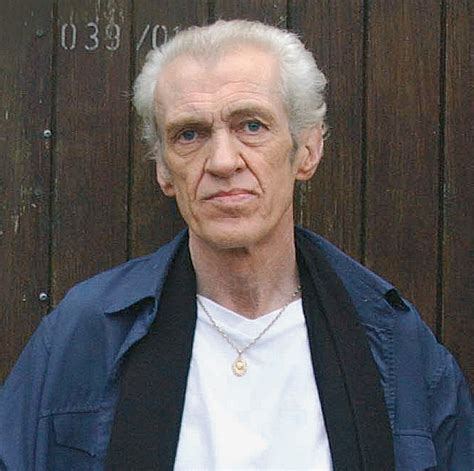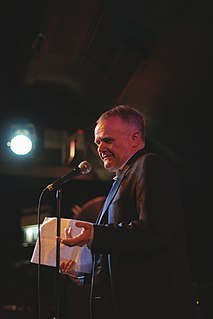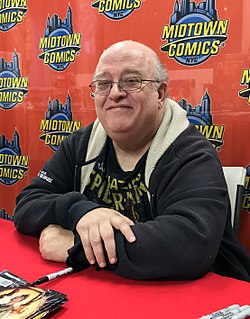A Quote by Amos Oz
All my novels are rooted in their time and in their place. The place of my novels is Israel, almost without exception. Almost without exception, my novels are rooted in Israel because that's the place I know well. And, that's my gutsy advice to any young writer: write only about what you know well. Don't write about that which you don't know.
Related Quotes
In Pakistan, many of the young people read novels because in the novels, not just my novels but the novels of many other Pakistani writers, they encounter ideas, notions, ways of thinking about the world, thinking about their society that are different. And fiction functions in a countercultural way as it does in America and certainly as it did in the, you know, '60s.
I write about the power of trying, because I want to be okay with failing. I write about generosity because I battle selfishness. I write about joy because I know sorrow. I write about faith because I almost lost mine, and I know what it is to be broken and in need of redemption. I write about gratitude because I am thankful - for all of it.


































